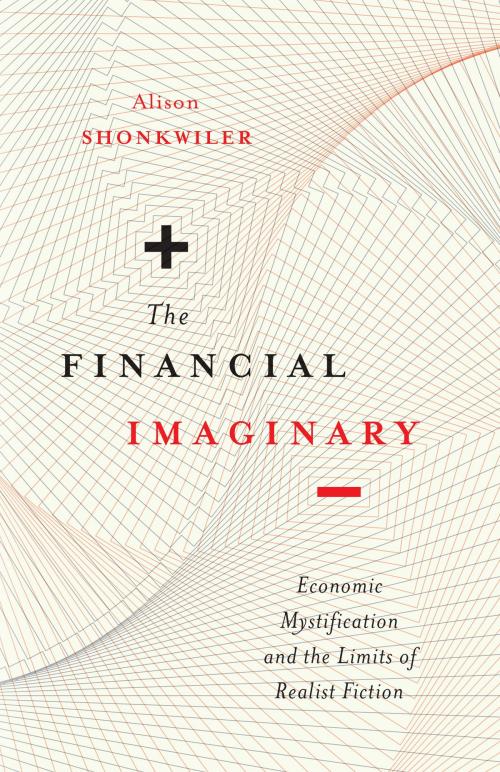The Financial Imaginary
Economic Mystification and the Limits of Realist Fiction
Fiction & Literature, Literary Theory & Criticism, American| Author: | Alison Shonkwiler | ISBN: | 9781452953939 |
| Publisher: | University of Minnesota Press | Publication: | February 14, 2017 |
| Imprint: | Univ Of Minnesota Press | Language: | English |
| Author: | Alison Shonkwiler |
| ISBN: | 9781452953939 |
| Publisher: | University of Minnesota Press |
| Publication: | February 14, 2017 |
| Imprint: | Univ Of Minnesota Press |
| Language: | English |
As the world has been reshaped since the 1970s by neoliberalism and globalization, increasing financial abstraction has presented a new political urgency for contemporary writers. Globalized finance, the return to Gilded Age levels of inequality, and the emergence of new technologies pose a similar challenge to the one faced by American social realists a century ago: making the virtualization of capitalism legible within the conventions of the realist novel. In The Financial Imaginary, Alison Shonkwiler reads texts by Richard Powers, Don DeLillo, Jane Smiley, Teddy Wayne, and Mohsin Hamid to examine how fiction confronts the formal and representational mystifications of the economic.
As Shonkwiler shows, these contemporary writers navigate the social, moral, and class preoccupations of American “economic fiction” (as shaped by such writers as William Dean Howells, Henry James, Frank Norris, and Theodore Dreiser), even as they probe the novel’s inadequacies to tell the story of an increasingly abstract world system. Drawing a connection from historical and theoretical accounts of financialization to the formal contours of contemporary fiction, The Financial Imaginary examines the persistent yet vexed relationship between financial representation and the demands of literary realism. It argues that the novel is essential to understanding our relation to the mystifications of abstraction past and present.
As the world has been reshaped since the 1970s by neoliberalism and globalization, increasing financial abstraction has presented a new political urgency for contemporary writers. Globalized finance, the return to Gilded Age levels of inequality, and the emergence of new technologies pose a similar challenge to the one faced by American social realists a century ago: making the virtualization of capitalism legible within the conventions of the realist novel. In The Financial Imaginary, Alison Shonkwiler reads texts by Richard Powers, Don DeLillo, Jane Smiley, Teddy Wayne, and Mohsin Hamid to examine how fiction confronts the formal and representational mystifications of the economic.
As Shonkwiler shows, these contemporary writers navigate the social, moral, and class preoccupations of American “economic fiction” (as shaped by such writers as William Dean Howells, Henry James, Frank Norris, and Theodore Dreiser), even as they probe the novel’s inadequacies to tell the story of an increasingly abstract world system. Drawing a connection from historical and theoretical accounts of financialization to the formal contours of contemporary fiction, The Financial Imaginary examines the persistent yet vexed relationship between financial representation and the demands of literary realism. It argues that the novel is essential to understanding our relation to the mystifications of abstraction past and present.















